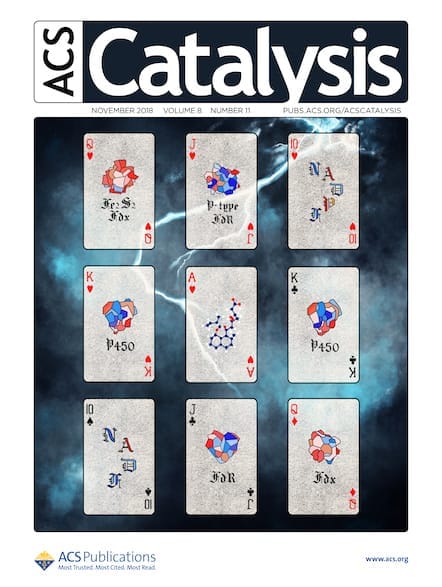Communicating chemistry research to the public is often daunting. But researchers will not get their point across unless they can explain their work in a way that everyone understands. In this video, ACS Editors give you tips on how to make sure your research is understandable, without watering down the science. Professor Susannah Scott of […]

Communicating chemistry research to the public is often daunting. But researchers will not get their point across unless they can explain their work in a way that everyone understands. In this video, ACS Editors give you tips on how to make sure your research is understandable, without watering down the science.
Professor Susannah Scott of the University of California, Santa Barbara and Associate editor of ACS Catalysis explains that chemistry may incite fear in some people. It’s a topic that is intimidating if you use complex vocabulary, so she advises chemists to take some time before speaking to the public to consider how to frame their research in easy-to-understand terms.
Start with essential information, says Professor Prashant Kamat, John A. Zahm Professor of Science at the University of Notre Dame and Editor-in-Chief of ACS Energy Letters. From there, go on to the importance of your work, where it’s going to lead, and what is going to be your next move. This framework makes it easy for your audience to understand the basis for your research.
Professor Audrey Moores, Associate Professor at McGill University and Associate Editor at ACS Sustainable Chemistry & Engineering says to imagine explaining your research to someone significantly younger, like a child. This doesn’t mean you should skip out on truth or water down the science, but use terms that are easy to understand.
Professor Chad Mirkin, Director of the International Institute for Nanotechnology and the George B. Rathmann Professor of Chemistry at Northwestern University, and Associate Editor of Journal of the American Chemical Society, says he believes the presentation begins before you present. Before communicating, think about what you’ve done and then break them down and simplify into one-liners. These short statements should summarize the significance of your work and easily conveys your message.
Professor Peter License, Professor of Chemistry at the University of Nottingham and Associate Editor of ACS Sustainable Chemistry & Engineering promotes telling the truth. People are the best listeners when they know what your science does for them.
No matter the topic, connecting with your audience is vital. Establishing a base level understanding of what information is easily understood helps your research reach more people.
